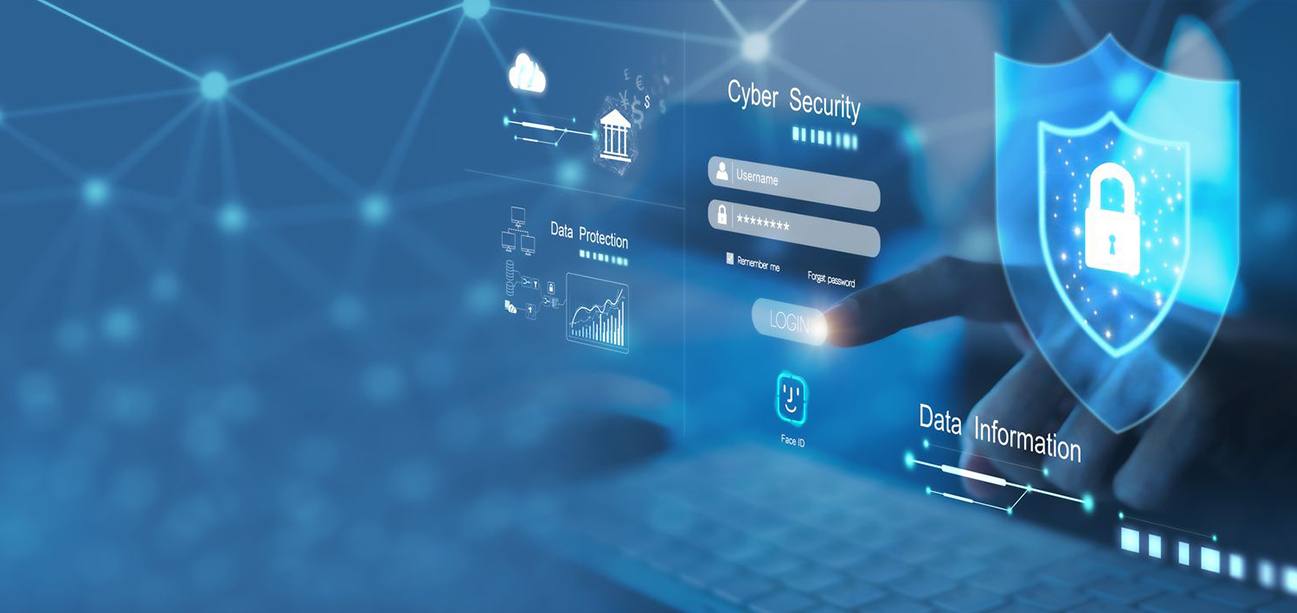
Transportation is a fast-moving and forever-growing area of the world prudence that is essential for all revolving industries and has extensive areas of development. But in today's world of technology, advanced transport businesses should keep an eager eye on monitoring significant bits of data for tracking goods to the desired order; this makes it very challenging to keep a keen eye on all routing and connection. We at Fictive Studios are here to help you develop logistics and transportation software by automating shipping and freight activities using technology and programming languages. Our developers will suggest more reformed ideas and tactics to make your app better and more prominent. In this way, we are helping companies simplify freight performances and save time and energy.
Our Expert developers will help you bring down your cost chart, minimize it as much as we can, and improve customer service through our talented communicators, who will communicate with you in any language you want and gather your suggestions and developmental ideas by having a detailed discussion with you. They will help you to create a solution. They’ll help you initiate a logistics and transportation app development, which will help you with all your logistics and transportation tasks.
Logistics Software Development
Logistics Software Development is the easiest way to induce shipping and freight movements and authorize transport companies to efficiently manage freight operations by saving time, reducing budget plans, and upgrading customer services.
GET A QUOTETransport Logistics Real Estate Software
Providing services to transport and logistics for businesses and start-ups which need extra help in managing shipping, freight, agreements, and services, automatically scheduling and obtaining transit periods along with different routes.

Capabilities Of Logistics And Transportation App Development
There are tremendous programs revolving around transport companies. They all have unique capabilities, but their basic functions are similar.
Devising The Most Efficient Transporting Solutions With Transportation App Development
Logistics and transportation app development requires such solutions and planning, allowing users the most perfect and efficient transportation solutions. Our developers provide excellent logistics and transportation app development, integrating with today's problems faced by the ordinary person and initiating such plans by applying advanced strategies to avoid errors and have a perfect in-hand app, creating the best transport logistics software. Our logistics software development company Fictive Studios provides with best methods and solutions.
Execute Shipment And Transportation With Our Transport Logistics Software
Our modified management systems monitor the execution of the shipment from a starting point to the ending point in real time. Drivers, parcel carriers, riders, and customers all have access to information on transport and freight traffic in any direction and can navigate easily for distance, mapping, clearance, LLC documents, and climate conditions; delays due to climate or traffic are also detected.
Analyze Statistics And Generate Relevant Reports
Our hard-working developers create such digital management solutions in which key performance indicators are used, also known as KPIs. To keep a keen eye on the statistics during the transportation and delivery. We provide customer dealers, too, with after-delivery feedback. KPIs usually navigate cost per mile, cost per shipping, and delivery performance these indicators bring clarity and create control and management during the entire delivery.
Perks Of Logistics And Transportation App Development
Proper logistics and transport app development bring their own benefits to every department involved in the supply or delivery. Logistics and transportation software development can contribute to the vast creation of a shadowed global trade without any errors. Through proper analysis and investigation of the entire process, we were able to track down every move properly, which turned out to make decisions accurately. You can easily handle more information and workload in time without hiring any other employee or cluttering your organization with extra people. Instead, you can use the logistics and transportation app development to do all the work and take a back seat letting our developed app have the steering. Having a visible supply chain, as all the given information is dependent on a single platform, and all the people involved in the shipping process can access it entirely. A lot of costs are cut down due to automatic reductions provided by logistics and transport application development. Better quality is provided as a good eye is kept on all the processes and data. Navigation turns better on all the points where any delays were made. It's easier to detect any problem in the route, and once the problem is detected, it can be easily resolved.
Building Blocks of Logistics And Transportation App Development With Fictive Studios
There are hundreds of software and apps that offer ready-made solutions that you can buy and use at this very moment. But they are not applied universally, and most business companies require assistance with customization to adjust according to their requirements and uniqueness, Fictive Studios offers the best budget offering solution for Transport logistics software, creating an Application customized by our experienced and skilled developers who will be there to assist you even after the post- project. Our developers are highly qualified and can have multiple deliveries by managing their tasks and projects timely.
Our Logistics software development company is working on its developers too, by making them take on challenging tasks and giving them training sessions for more advancement. Our developers at Fictive Studio are proficient and hardworking, they put all their effort into making software that is easy to use and advanced at the same time.
Fictive Studio’s Logistics Software Development Company
The topmost step is to choose a reliable provider; when you start comparing different offerings, put some light on vendor services that they provide. Our developers of Fictive Studious provide an open design of architecture for logistics and transportation app development in order to initiate new features and grasp new changes in the constructed software. Integrating with multiple services, those are giving you access to utilize your full potential.
Scalability for the measures made as your company grows and outstands in the market. Security is the most crucial aspect that plays an essential role in keeping your data safe from any sort of hacking and breaches. Logistics app building can be divided into two categories on-premises and cloud-based. Most clients require an on-premises category to maintain and host for the security of data requirements and control on a daily basis. whereas cloud-based transportation does not require daily maintenance, and the cost is much lower and balanced as no hardware is used in servers it's fast and easy to access from any location.
Paving the way for your customers with logistics and transportation is an expert's job, we can guide and assist you by generating transport logistics software that aligns your services with our targetted customers and their expectations. A qualified developer is essential who plays a critical role in solving everyday problems and challenges, we are here to provide you with Fictive Studios’ highly qualified developers and give you a road map towards success in logistics and transportation software development.
The pricing model of every software development depends upon discussion with the client,
as it defines how complex the software has to be.
How can we know that Fictive Studios is the best logistics software development company?
How fast can my team be scaled without compromising the quality of logistics and transportation app development?
How can we communicate with a developer post-project?
How much time will it take to develop transport logistics software?
Which one is better? On-premises or on-cloud?

Building The Future One Line Of Code At A Time

Mobile App Solutions For Everyone, Everywhere
We pride ourselves on our ability to bring your unique vision to life through our cutting-edge technology and innovative solutions.
Retail, Ecommerce
Education & e-learning
Healthcare & Fitness
Logistics & Distribution
Social Networking
Real Estate
Travel & Hospitality
Food & Restaurant
On-Demand Solutions
Gaming
Partnerships We Have Built Through Our Digital Solutions
At Fictive Studios, we are proud to have partnered with over 2000 businesses, ranging from startups to enterprises, to provide industry-leading mobile app development solutions tailored to their unique business needs. Every business is different, and we are passionate about helping our clients achieve their goals through our extensive range of app development services.
Start Up Business

Small & Med Business

Enterprise

Agencies

What Our Clients Say
We possess the capability to create applications across a diverse range of genres - simply specify your requirements and we'll bring your vision to life.

Let's Build Something App-tacular Together
Join forces with Fictive Studios, the premier Mobile App Development Company in the US. With our bespoke app development solutions, watch your business soar to new heights.
GET A QUOTE






















